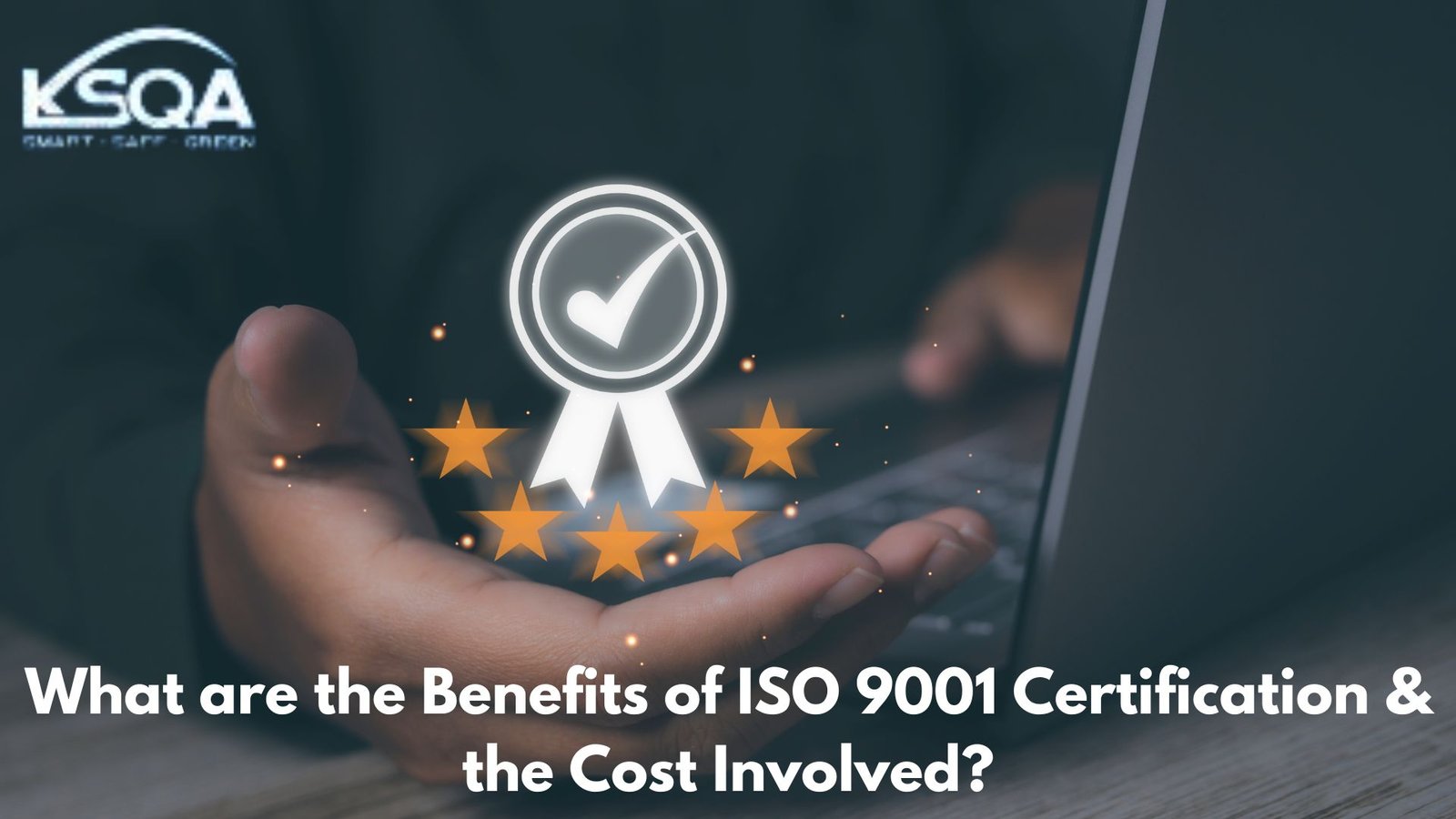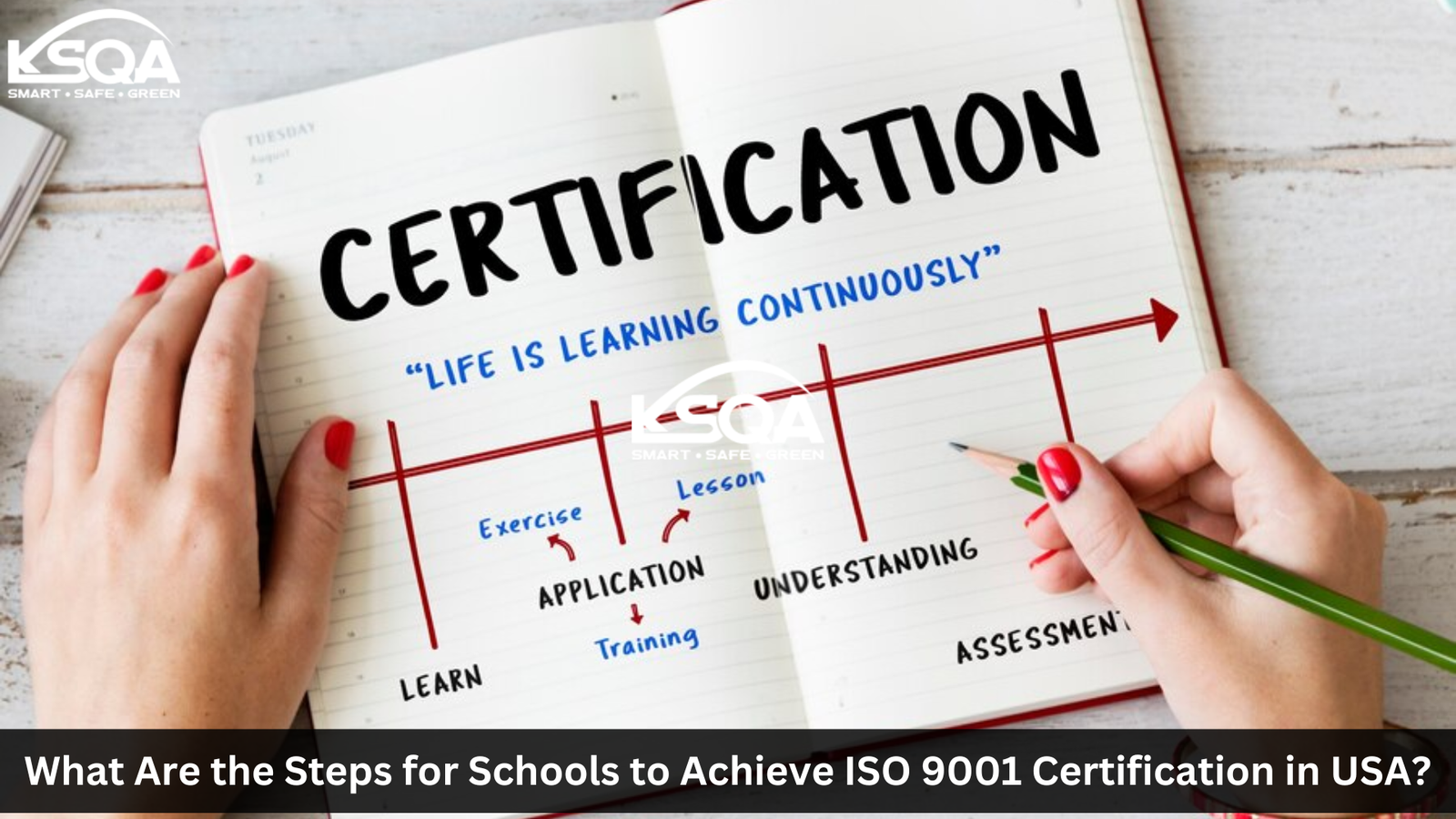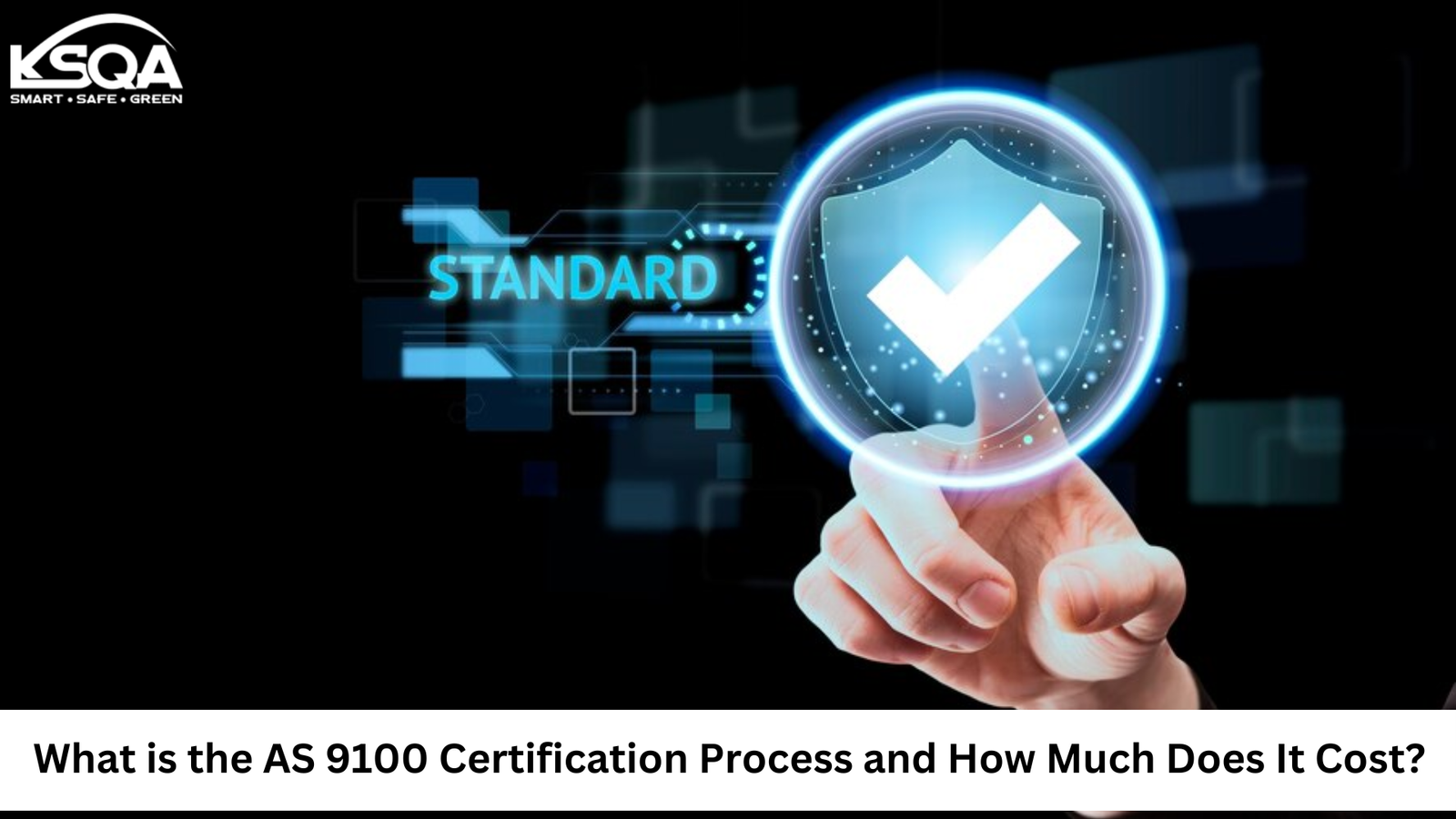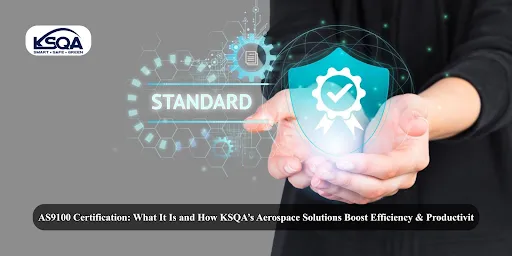In modern society, you are a small business owner who is constantly striving to produce high-quality goods or services profitably. However, with customers today becoming aware of the quality standards behind products, having an ISO 9001 certification does count.
According to MR’s latest study, “the global ISO certification market is expected to rise dramatically with an estimated value of $16.14 billion by 2024. This is not just a figure; it is the manifestation of the increasing relevance of quality management systems. And projections indicate a staggering $66.25 billion valuation by 2034, with a solid 15.2% annual growth rate.”
Well, what does this all mean for you? It's simple: Considering investing in an ISO certification can be an excellent strategy for any company.
In this article, we will discuss how it is useful for small businesses to obtain ISO certification and how helpful it is to have a consultant.
The Key Role of Hiring an ISO 9001 Consultant
ISO 9001 is an internationally recognized quality management system that helps organizations streamline their processes, improve customer satisfaction, and increase operational efficiency.
While the process of obtaining the certification can seem daunting, especially for small businesses with limited resources, hiring an experienced ISO 9001 consultant can make the journey smooth and successful.
Hiring an experienced consultant can be a game-changer, providing invaluable guidance and support throughout the certification process.
Achieving ISO certification can offer numerous benefits for small businesses, from improved operational efficiency to enhanced customer satisfaction and a competitive edge in the global marketplace.
Here are some of the top advantages and how a consultant can help you realize them:
Improved Operational Efficiency
A professional consultant can help streamline your business processes, eliminating redundant or inefficient steps. By implementing a structured quality management system, your organization can operate more efficiently, reducing waste and increasing productivity.
Enhanced Customer Satisfaction
ISO 9001 demonstrates your commitment to consistently delivering high-quality products or services. A consultant can help you establish processes to monitor and enhance customer satisfaction, ultimately strengthening your customer relationships and loyalty.
Global Recognition and Competitive Advantage
ISO 9001 is an internationally recognized standard, giving your business a competitive edge in the global marketplace. With a consultant's expertise, you can navigate the certification process smoothly, positioning your organization as a reliable and trustworthy partner.
Continuous Improvement
A core principle of ISO 9001 is the commitment to continuous improvement. An experienced consultant can help you establish processes for regularly reviewing and improving your quality management system, ensuring your organization remains agile and responsive to changing market demands.
Mitigating Risks and Compliance Issues
A small business can face many risks related to quality issues, legal problems, or not meeting industry standards. Having an expert consultant can really help you avoid these risks and make sure you follow all the rules. They know the certification requirements inside out and can check if your current processes meet those standards.
Their expertise ensures your quality management system covers all the bases for compliance and risk management. By utilizing the expertise of a consultant, small businesses can navigate the certification process.
They gain confidence and unlock the full potential of these benefits, positioning themselves for long-term success in a competitive market.
Understanding ISO Certification 9001 Requirements & Costs
This certification requires organizations to meet specific requirements related to quality management systems, documentation, and process control. While the certification process can seem complex, an experienced consultant can guide you through the following key aspects:
ISO 9001 is a globally recognized standard for quality management systems (QMS). Achieving certification demonstrates a company's commitment to consistently providing high-quality goods or services. Here's a quick breakdown:
The short answer? Between $3000 and $7000. But as you can see from that wide bracket, the cost of ISO 9001 certification varies widely depending on several factors. These factors include the size and complexity of your organization, the certification body you choose, the industry you operate in, and your existing quality management system (QMS) infrastructure.
Size and complexity of your organization: The costs for big companies with several locations, complex processes, and a large number of employees will be higher due to the scope of the certification.
Requirements: ISO 9001 outlines a framework for establishing and maintaining a QMS. This includes setting clear quality objectives, documenting processes, monitoring performance, and continually improving operations.
Costs: Certification costs vary depending on factors like company size, industry, and existing quality systems. Costs typically range from $3,000 to $7,000 for smaller organizations, with additional expenses for consultants and ongoing maintenance.
Some more details are as follows:
Process Control and Monitoring: The standard requires organizations to establish processes for monitoring and controlling quality, including preventive and corrective actions.
Management Commitment: Top management must demonstrate leadership and commitment to the quality management system.
Internal Audits: Regular internal audits are required to ensure the system's effectiveness and identify areas for improvement.
While achieving certification requires investment, it can lead to significant benefits. These include increased customer satisfaction, improved operational efficiency, and a competitive edge in the marketplace.
Conclusion
Obtaining ISO certification can be a transformative journey for small businesses, unlocking numerous benefits, including improved operational efficiency, enhanced customer satisfaction, and a competitive edge in the global marketplace.
However, by partnering with a knowledgeable consultant, small businesses can confidently embark on the path to ISO 9001 certification, ensuring a smooth and successful implementation while reaping the rewards of a robust quality management system.
Achieving the certifications will require you to implement a quality management system that meets all requirements of the ISO 9001 standard. KSQA is an accredited third-party certification body that helps with ISO 9001 auditor certification and can provide relevant training and certificate services. Connect with them today.

.jpg)





.webp)